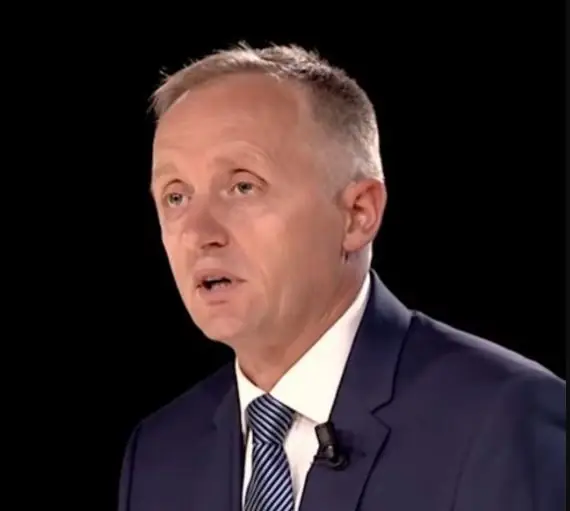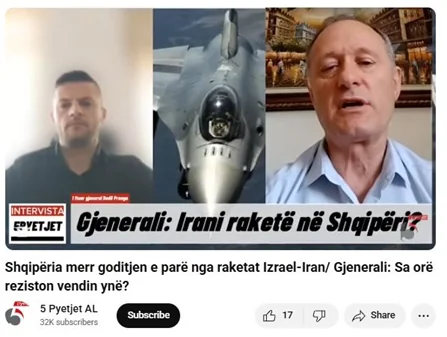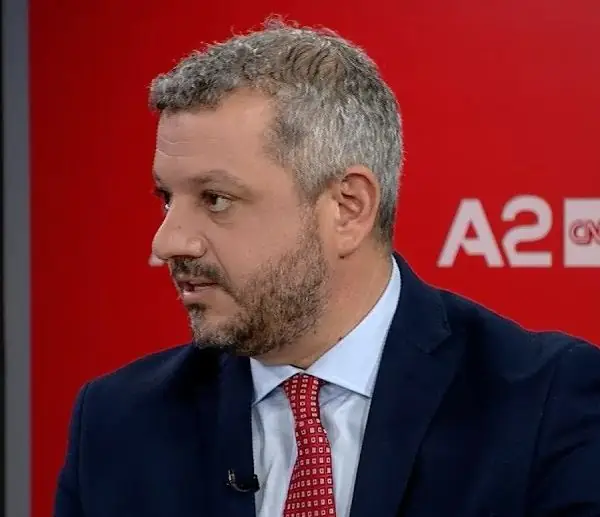The Israeli strike on Iran, followed by Iran’s retaliation, has captured the attention of both international and local media. This tense situation has triggered a wave of speculation and the spread of information that is, in the best-case scenario, unverified, and in the worst-case, completely false. The driving forces behind this disinformation often include the pursuit of online traffic through clickbait, as well as the promotion of specific narratives by anonymous online platforms.
Jona Plumbi
On June 12, Israel launched a missile attack on Iran, targeting nuclear sites, military positions, and high-ranking military officials or nuclear scientists. Iran responded with an airstrike, hitting Jerusalem and Tel Aviv. Since the outbreak of the armed conflict, both countries have been engaged in an ongoing exchange of missile attacks.
The situation has been at the forefront of both international and Albanian media coverage, with ongoing updates on the developments. In conflicts such as those between Russia and Ukraine or Israel and Gaza, obtaining verified information is difficult due to the constantly evolving dynamics and the absence of direct sources from the conflict zones.
Simultaneously, in these uncertain times, media often exploit the emotions of the public by spreading information that is taken out of context or is completely false.
This happened as well following the outbreak of the armed conflict between Israel and Iran. The goal frequently is to gain as many clicks as possible by sharing sensationalist headlines or unverified, context-lacking information. Nevertheless, some media outlets also support specific agendas.
Disinformation News
One of the media outlets spreading false news is Petravu. On June 15, this portal published a story claiming that ‘Albania is being attacked by Iran’.

The article does not mention any Iranian attack on Albania, despite what the headline implies. Instead, it quotes experts who analyzed the situation through other media sources and clarified that Albania is not genuinely at risk of an armed attack from Iran.
Two days later, on June 17, the same media claimed that ‘Iran was preparing to strike Albania with missiles‘.

The news article references an interview with security expert Xhavit Shala on another TV channel. In the interview, Shala claimed that ‘Iran would strike Albania with missiles in 2023’ following the sheltering of the Iranian opposition in Manzë, Durrës. As evidence for his statements, Shala cited the publication of an attack plan in an Iranian newspaper. The Petravu portal shared this news with a sensational headline that lacked context, creating the misleading impression that it referred to the current situation.
This information was further spread on Facebook by a profile named ‘Histori Shqiptare‘ (Albanian History), which does not correspond to the portal’s name.
Spread of State Propaganda
Another form of misinformation related to the Israel–Iran armed conflict has been propagated by media outlets that have echoed Israeli propaganda.

This publication was used by some media outlets to spread concern that Europe and Albania could be at risk.




Erjon Tase, head of the Academy of Political Studies, views the lack of professionalism in media staff as a serious issue. According to him, this vulnerability leads media outlets to be more exposed to government propaganda.

‘Unfortunately, many media outlets do not have the necessary professionalism among their staff, such as experienced journalists familiar with complex international issues or the editorial review needed to verify the content they publish‘, said researcher Erjon Tase.
Journalist and investigative journalism lecturer Lutfi Dervishi explains that the lack of on-the-ground correspondents and investigative and fact-checking reporters pushes media to rely on ready-made materials from international news agencies or official sources with clear propaganda interests.
‘As a result, state propaganda, from Israel, Iran, or other involved countries, easily seeps into local narratives, especially when critical analysis and verification are missing. This is actually the better scenario, since some media simply source their content from social media or tabloid outlets’, said Lutfi Dervishi, journalist.

Clickbait
According to Lutfi Dervishi, the main cause behind the spread of disinformation is the competition for clicks.
‘Fear, heightened sensitivity, and the public’s lack of verified sources create the ‘perfect’ environment for media, especially during major events like wars and onflicts such as the Israel-Iran war generate interest and strong emotions’, Dervishi explains.
Erjon Tase shares this view, pointing out that media often choose headlines or content that distort reality or exaggerate the risks of conflicts happening far from Albania.
One such case was flagged as misinformation by Faktoje, involving the portal 5pyetjet.al, which shared an interview about the expected outcomes of the conflict but used a sensational headline unrelated to the interview’s content.
‘Albania takes the first hit from Israel-Iran missiles / General: How long can our country hold out?’ was the headline published by 5pyetjet.al.

The interview seems to reference a potential economic impact caused by rising oil prices or other products, and does not mention any initial missile strike by Israel or Iran.
Journalist Pandi Gjata points out that some media outlets have embraced this disinformation and propaganda narrative, some motivated by clicks, others due to a lack of qualified personnel to cover such major global developments, as was also evident during the Ukraine war.
Gjata considers the widespread use of sensational headlines to be one of the biggest challenges for Albanian media, especially online platforms.

‘They translate news from unreliable foreign media, report false information, and even raise alarms suggesting Albania is a target of Iran in this conflict. They distort expert statements and present them as if they are current‘, said Pandi Gjata, journalist.
Lutfi Dervishi identifies several reasons why media outlets fall prey to false information.
‘The absence of professional editorial teams, declining ethical standards, the race to be first with breaking news, the urge to go viral, and reliance on automatic translations or unchecked sources from the internet and social media all play a role. Sensationalism is further driven by algorithms that boost the spread of inaccurate news‘, he notes.
Misunderstanding critical geopolitical or social situations is a longstanding issue in the media, especially online. The spread of disinformation harms readers, who often lack the necessary skills to verify what they read. This leads not only to confusion but also to polarization of public opinion and erosion of trust in the media. For these reasons, delivering an accurate and honest representation of information, especially in times of crisis, is essential for a well-informed society.











